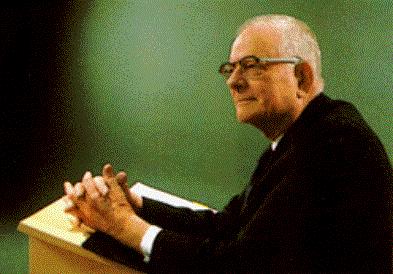No More Agile Checklists – Can We Concentrate on Outcomes?
As an agile coach and change agent I am always asked how maturity can be measured at the team and organizational level. What I have found over the years is that there is no lack of different checklists that can be used to give us these “metrics”. In fact, a recent Google search gave me a page that contains links to literally 41 checklists. In addition to these I have personally worked on many different custom checklists myself as if the 41 currently available do not adequately address the needs of teams transitioning to agile! Why is it that these already existing measures are not enough?









